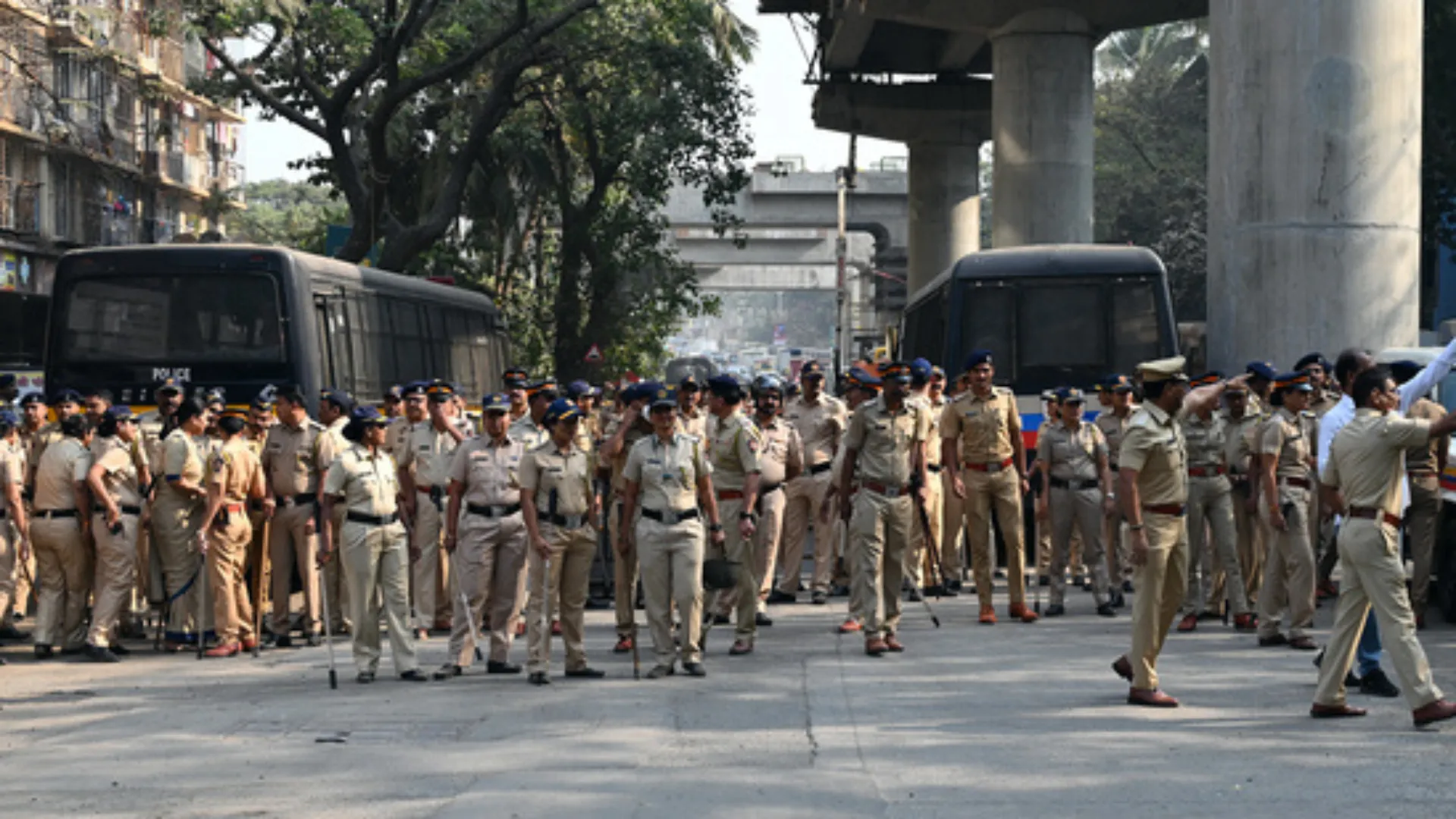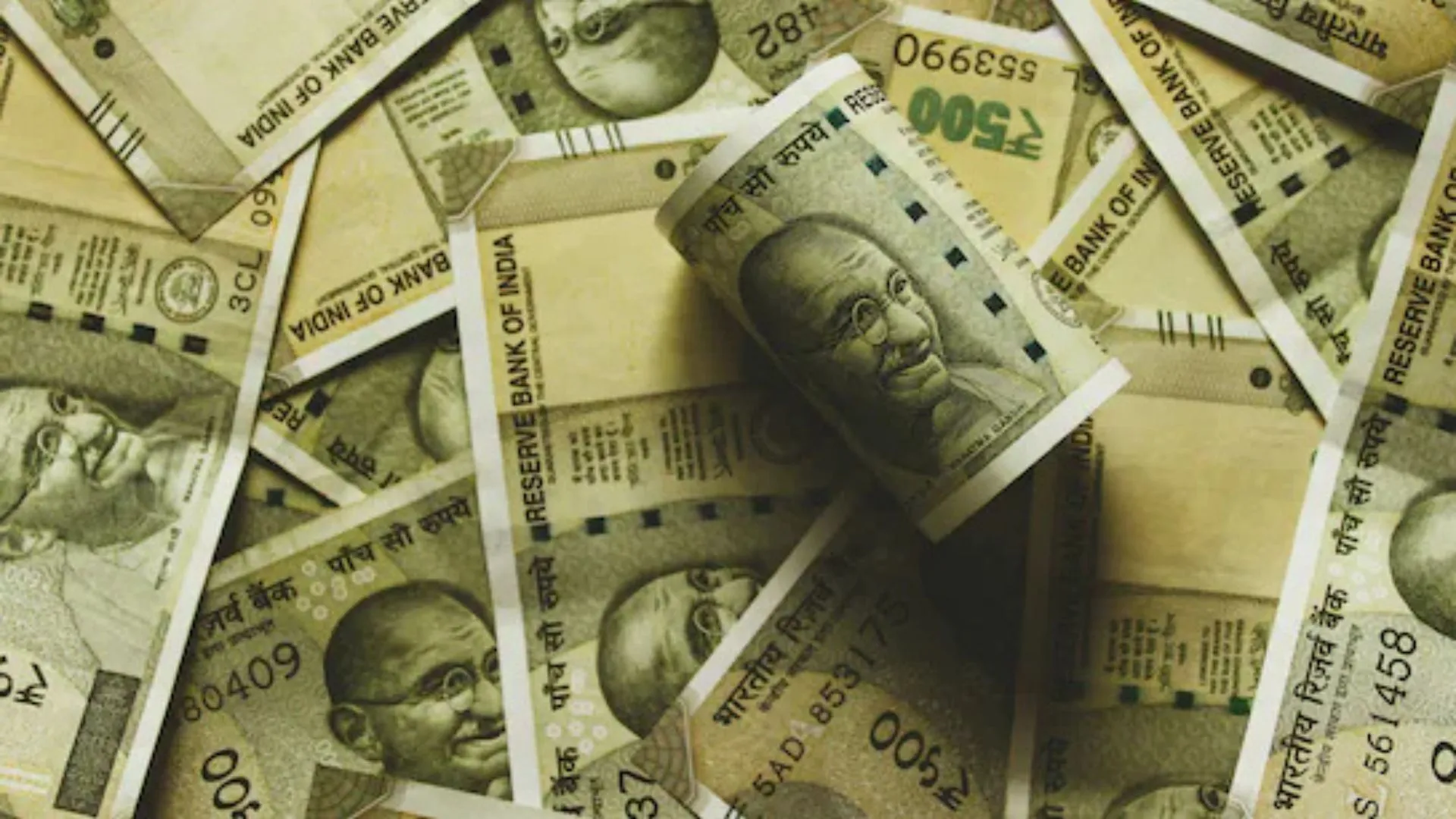In the wake of recent Bengaluru techie suicide case, Supreme Court has laid down eight factors that are required to be taken into consideration while deciding the permanent alimony amount. The Supreme Court laid down the factors while hearing a divorce settlement case on Tuesday.
The Apex court noted that these factors are not a ‘straight jacket formula’ but a ‘guideline’ to decide the permanent alimony. The top court order comes amid the ongoing debate surrounding the death of a Bengaluru-based techie, who alleged harassment and extortion at the hands of his wife and in-laws.
A bench of Justices Vikram Nath and Prasanna B Varale listed out the eight-point formula while hearing a divorce settlement case on Tuesday.
Though in this case, the court said according to the jurisdiction under the Hindu Marriage Act, every factor in the couple’s marriage was “irretrievably broken down”, it found that the grant of permanent alimony to the wife was the only matter that required consideration, Live Law reported.
The Latest eight factors laid down by the Supreme Court are:
. Status of the parties, social and financial
. Reasonable needs of the wife and the dependent children
. Parties individual qualifications and employment statuses
. Independent income or assets owned by the applicant
. Standard of life enjoyed by the wife in the matrimonial home
. Any employment sacrifices made for the family responsibilities
. Reasonable litigation costs for a non-working wife
. Financial capacity of the husband, his income, maintenance obligations, and liabilities
. The top court, however, noted that these factors are not a ‘straight jacket formula’ but a “guideline” to decide permanent alimony.
Referring to one of its previous judgments (Kiran Jyot Maini v Anish Pramod Patel), the top court bench said, “As held by us in Kiran Jyot Maine, it is also necessary to ensure that the amount of permanent alimony should not penalize the husband but should be made with the aim of ensuring a decent standard of living for the wife.”
Notably, amid the outrage over the Bengaluru-based techie’s suicide, the Supreme Court, in another case, warned against the misuse of the cruelty law in marital dispute cases lodged by women against their husbands.
The top court had observed that the cruelty law cannot be misused as a “personal tool to unleash vendetta”.
The techie’s death and his suicide note, which mentions harassment by his wife and in-laws, has sparked a massive outrage over the misuse of dowry laws in the nation. Police also found a placard hung inside the man’s residence that read, “Justice is due”. Notably, the techie alleged that his estranged wife and her family had demanded ₹3 crore to settle false cases they filed against him.






















